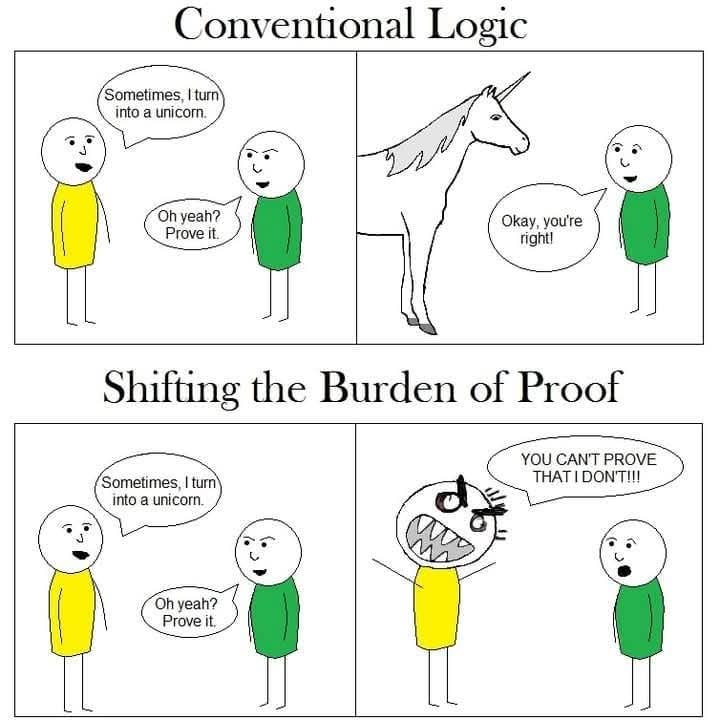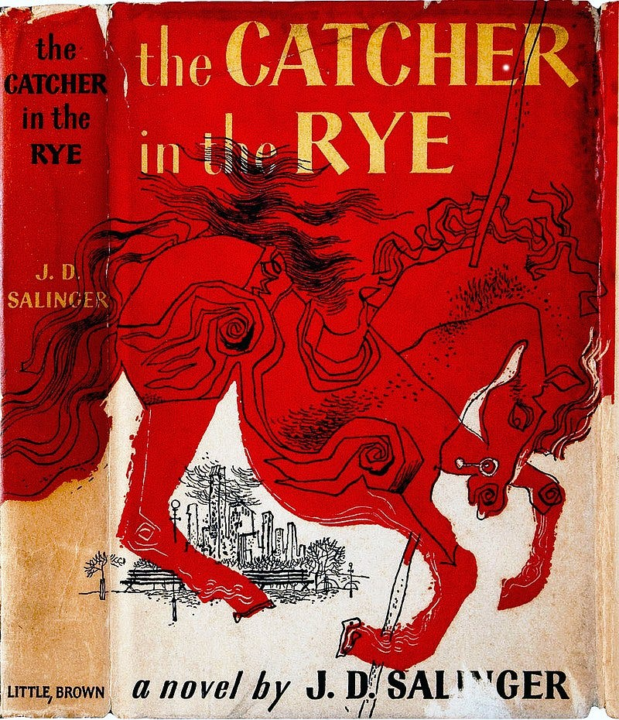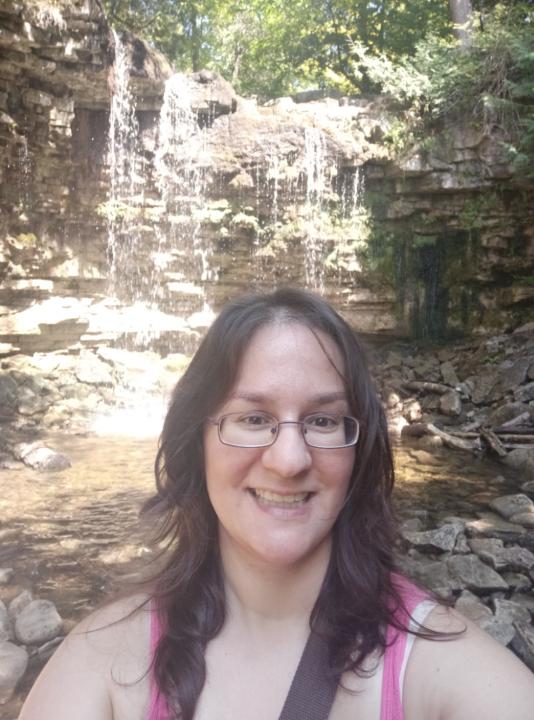Activity
Mon
Wed
Fri
Sun
Mar
Apr
May
Jun
Jul
Aug
Sep
Oct
Nov
Dec
Jan
Feb
What is this?
Less
More
Memberships
Practical Philosophy
661 members • Free
11 contributions to Practical Philosophy

A follow up on authenticity
“It's a hell of a responsibility to be yourself. It's much easier to be somebody else or nobody at all.” ~Sylvia Plath While what Sylvia Plath said is true, I don't think this is the reason why many of us end up being "someone else or nobody at all". The true reason is that our civilisation makes it incredibly hard for you to self-actualize, to become your Self in the first place. So hard, in fact, that -- as I was reminded today at our meeting -- it became one of the tenets of Buddhism to deny the very existence of the Self, to claim that the Self is an illusion. And, again, I don't think that is true either. Every person can become their Self -- only the Self is not something one could find within themselves. Rather, the Self is something one have to put together, piece by piece, on their own. And before they can even start on that task, they must discover that capacity in them -- which, within civilization, can only happen by chance. I mean it's not like we are being told it in school or by our parents, "Hey kid, there is this thing -- your Self -- that you need to piece together. And here is how you do it..." That's why few people stumble on that path, end even fewer complete the journey. One day we will find a way to teach this to every child. But until then, "The world is full of actors pretending to be human." ~J. D. Salinger

0 likes • Oct '24
I finished a book last month called The Myth of Normal: Trauma, Illness & Healing in a Toxic Culture by Dr. Gabor Mate. He talks about in chapter 7 this idea. These are from my notes so most of it comes straight from the book: Talks about two essential needs: attachment and authenticity. There is an inescapable tension between these two needs. Attachment is defined as the drive for closeness – proximity to others, in not only the physical but the emotional sense as well. Its primary purpose is to facilitate either caretaking or being taken care of. For many people, these attachment circuits powerfully override the ones that grant us rationality, objective decision making, or conscious will – a fact that explains much about our behaviour across multiple realms. Children often receive the message that certain parts of them are acceptable while others are not. Example "Good children don't yell." A child may internalize the idea that "I'm lovable only when I'm doing things well," setting themself up for a life of perfectionism and rigid role identification, cut off from the vulnerable part of herself that needs to know there is room to fail – or even to just unspectacularly ordinary – and still get the love they need. Although both needs are essential, there is a pecking order: in the first phase of life, attachment tops the bill. Author talks about how children will chose attachment over authenticity as the choice is between "hiding my feelings, even from myself, and getting the basic care I need" and "being myself and going without." The fact that we don't consciously choose such coping mechanisms makes them all the more tenacious. Patterns get wired into our nervous system. The perceived need to be what the world demands becomes entangled with our sense of who we are and how to seek love. Inauthenticity Is thereafter misidentified with survival because the two were synonymous during the formative years. My main criticism about the points that he makes is that kids push back to see what they can get away with. he doesn't factor that in. Maybe kids do that in safer environments?
0 likes • Oct '24
@Yuri Zavorotny it means being honest with how I feel in my body. We are really out of touch with ourselves and that's why I think stuff like yoga, exercise, and meditation can help with tuning into our body. Intrinsic motivation is part of it. Yes to some degree it means doing what I feel like but we do live in a society among people and have responsibilities so sometimes we have to do things we may not care for but that doesn't mean I'm not being authentic because at least I am honest with myself. Authenticity means self-honesty and that I'm fully processing what I'm thinking and feeling and not dismissing it and forcing stuff into my subconscious, which is my body. It's connected with self-awareness
What is your definition of success?
I understand this is different for everyone, but how did you find your definition of success? I see myself having a pretty closed minded view of what success looks like, so I’d love to hear what others define it as.
Friendship & Forgiveness
Would you be good friends to someone who betrayed you in the past? ie. ex-lover, friend, colleague ... Etc.
1 like • Sep '24
I wouldn't say that the world can't exist with these type of people. The world can function fine with or without them. Humans are motivated by a wide range of possible outcomes so people obviously don't care if they hurt people to get what they want. Depending on the context, it is better to accept that scammers, social climbers, and liars exist but there are plenty of times where scammers need to be regulated. It's like a hydra but this is just adaptation which is part of evolution. We all have egos so if your ego goes around hurting others, don't think there won't be pushback by those that were hurt. You are not free from consequences. And yes I do agree that it's better to surround yourself with people that have integrity. But part of that is learning how to spot the liars. If you look at nature, many deceive for survival aka camouflage. So it's not just a human trait to lie. I look at someone's actions and inconsistencies for what they say versus what they do. People are not always what they seem because it takes time to get to know someone. Put them in a tough situation and they can turn into irrational power tripping people.
1-10 of 11
@paula-lucidi-9396
I love cats and have a furbaby named Teddy
Active 343d ago
Joined Jun 10, 2024





